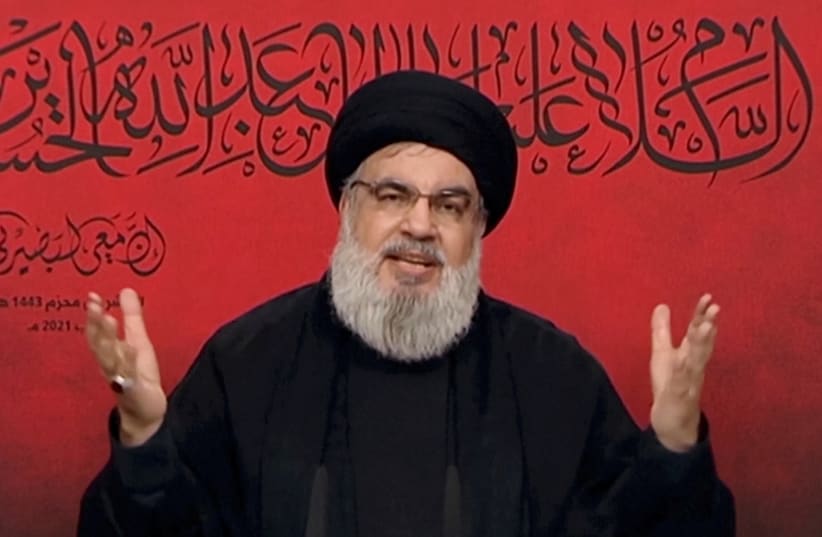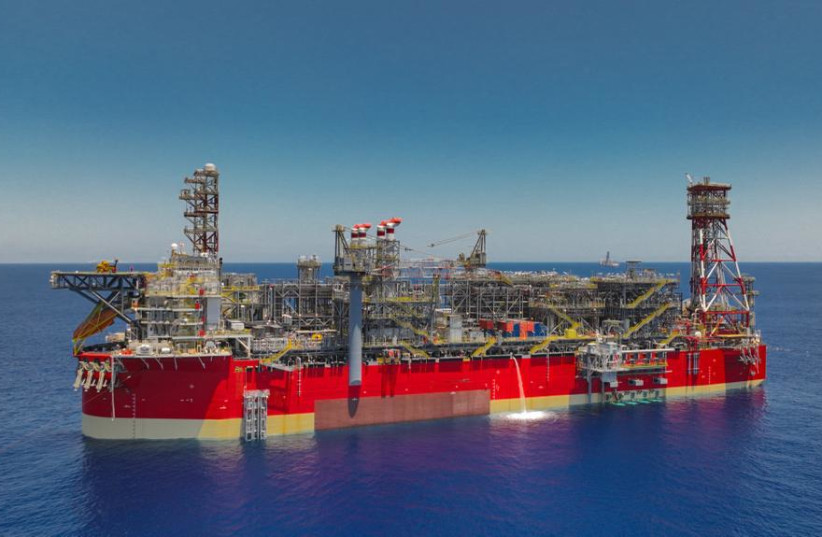Israel had a number of chances to assassinate Hezbollah Secretary-General Hassan Nasrallah over the years but chose not to, former Israel Navy commander Maj.-Gen. (ret.) Eliezer Marom claimed on Wednesday.
"I, for a long time, have thought that Israel needs to say clearly to Nasrallah 'if you threaten the gas fields and, God forbid, dare to carry out some missile attack or anything, we will respond severely... and we will hit you, too, the moment that we will be able to,'" Marom told in an interview with Galey Israel radio.
"I don't want to get into details but I will say that we had more than one opportunity to hit Nasrallah over the years and we didn't do it. So he should not test us,"he added. "But now, when he's put a gun on the table and is threatening Israel and its sovereignty, [we could]."
Will Hezbollah act even if a deal is reached?
When asked if he thought Hezbollah would conduct "provocations" even if an agreement is reached between Lebanon and Israel concerning the maritime border between the two countries, Marom responded that "it's hard to know what to expect with Hezbollah."
"Remember that when we withdrew from Lebanon in 2000, there was no reason for Hezbollah [to exist] – that's it, it was over. We exited Lebanon, we closed the gate on the fence, and suddenly they invented the 'Sheba Farms' [story] and then the conflict continued; the 'resistance' continued," added the former Navy commander.
"Hezbollah adapted its reasons in order to remain relevant. In order to stay relevant, they need to fight with Israel, so they will invent another reason: the deal isn't good, we didn't get enough, or any other thing," he said. "I'm guessing that even though there will be a deal, the conflict with Hezbollah about the natural gas in the economic waters will continue."
Marom stressed that the economic and energy crisis in Lebanon is "unprecedented in its severity" and could pose a security risk to Israel.
"We have to see how we fix this issue. I really hope that there will be a deal. I would be willing to temporarily give a part of the gas from the Karish field to Lebanon for a good price in order to end the energy crisis in Lebanon," Marom told Galey Israel.
"We have to help the Lebanese, because we don't have a conflict really with the citizens of Lebanon: We have a conflict with Hezbollah. Israel's security is defined by whether Lebanon gets out of this energy crisis and this economic crisis."
Marom's statements come amid reports that the US will present a draft of a final agreement to Lebanon and Israel in the coming days, with optimism expressed by both sides that a deal could be signed in the coming weeks.

